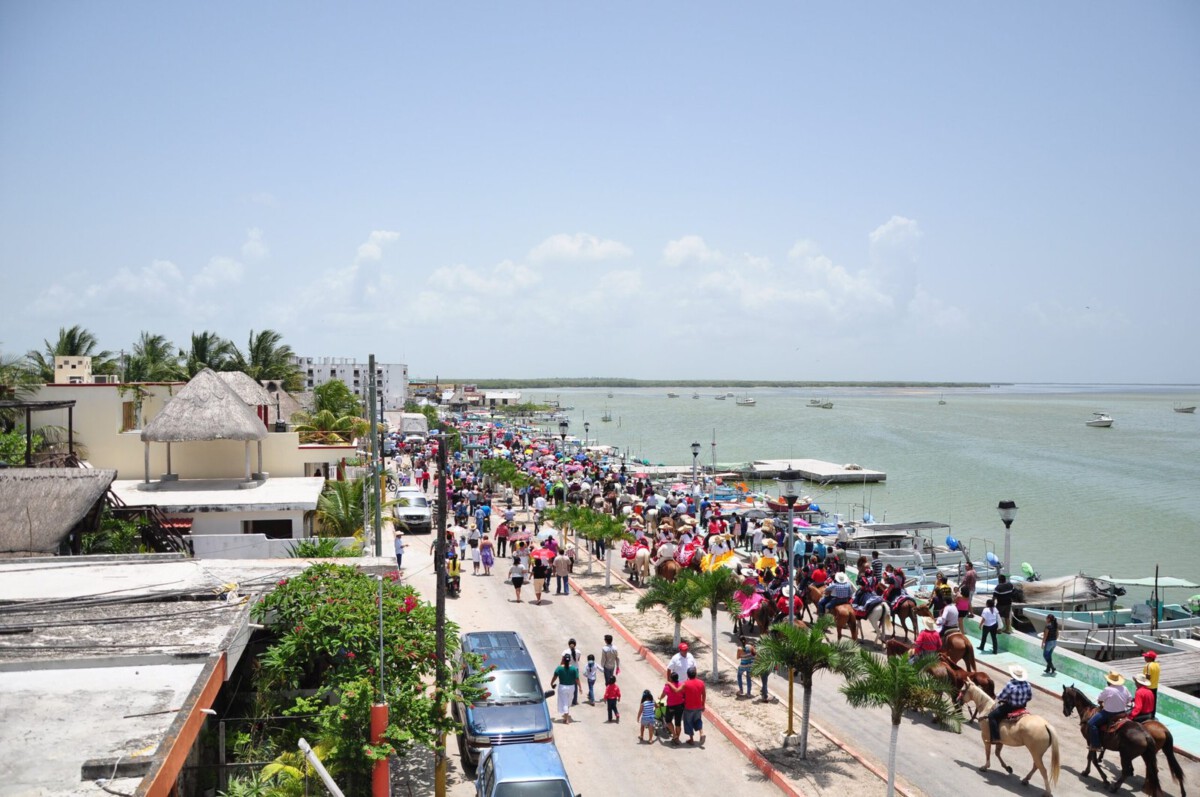Understanding Ever-Changing Travel Restrictions

Few things have rattled travelers quite like the ever-changing maze of travel restrictions, and even now, it’s a world that keeps shifting. In 2024 and early 2025, while many countries have relaxed their rules, others still demand proof of vaccination, recent test results, or even unexpected quarantines. For example, Japan and Australia continue to require specific documentation for entry, while the United States and several European countries now focus on vaccination status and symptom checks. The International Air Transport Association (IATA) updates global restrictions daily, but even so, changes can happen overnight. Before booking any trip, it’s vital to check both your home country’s advisories and the entry rules at your destination, as surprises can easily spoil well-laid plans. Many travelers have found themselves stranded or forced to cancel plans due to not checking the latest updates. Travelers should always prepare for the possibility of last-minute changes and keep copies of all health documents accessible.
Adapting to Digital Health Passports

Digital health passports, once a futuristic concept, are now a must-have for international journeys. These digital tools—such as the IATA Travel Pass or CommonPass—allow you to store vaccination records and test results securely on your smartphone, streamlining everything from airport check-ins to border crossings. By late 2023, airlines like British Airways and Emirates began requiring these passes for many routes, and airports have sped up verification processes significantly. This shift helps reduce paperwork, confusion, and waiting times at busy terminals. Some travelers, especially older adults, have voiced concerns about privacy or technological hurdles, but most airlines and airports offer help desks to guide users. This new norm is not just about convenience—it’s about safety, trust, and avoiding unnecessary contact. Having your digital health credentials ready can mean the difference between breezing through security or being held up at the gate.
Choosing Flexible Travel and Booking Options

The unpredictability of travel in a post-pandemic world has made flexibility a top priority for most people. Airlines and hotels have learned from the chaos of 2020–2022 and now often provide free cancellation, no-change-fee policies, or “book now, pay later” deals. According to a 2024 survey by the American Hotel and Lodging Association, a remarkable 70% of travelers will only book if flexible options are available. This means it’s easier than ever to change your plans without losing money, whether you face a sudden illness or an unexpected border closure. Some travel providers even allow last-minute changes up to 24 hours before departure. This flexibility takes much of the anxiety out of planning and allows travelers to act responsibly if they feel unwell. Always read the fine print, as some providers may still have hidden fees or stricter conditions for peak dates and special deals.
Maintaining High Standards of Health and Safety

Health and safety are now at the core of every travel decision, and the industry has responded with new standards and certifications. Airlines such as Delta and United have invested millions in advanced air filtration, while hotels display their hygiene protocols and seek accreditations like the Global Biorisk Advisory Council (GBAC) certification. Many public spaces require masks during periods of increased illness or outbreaks, and hand sanitizer stations are now standard. Travelers should look for visible cleaning routines, transparent safety guidelines, and staff who are trained to enforce protocols. Some destinations, especially in Asia and Europe, have kept social distancing guidelines in place at major attractions and transportation hubs. Choosing providers who take safety seriously not only gives peace of mind but can genuinely reduce the risk of illness while away from home.
Rediscovering Domestic Destinations

With international travel still facing uncertainty, people across the globe are rediscovering the treasures in their own backyards. Domestic tourism has surged, with the U.S. Travel Association reporting a 30% rise in bookings for national parks, small towns, and regional attractions in 2024. Many families are opting for road trips, train journeys, or visits to nearby cultural sites, both for convenience and to avoid the stress of international rules. This renewed love for domestic travel helps support local economies and often uncovers hidden gems many never considered before the pandemic. Travelers also appreciate the reduced hassle—no currency exchange, fewer language barriers, and limited paperwork. The boom in domestic travel shows no signs of slowing, especially as people remain cautious about far-flung destinations.
Understanding the Importance of Travel Insurance

Travel insurance, once an afterthought for many, has become a non-negotiable in the post-pandemic era. More than 40% of travelers told InsureMyTrip in late 2023 that they would not book a trip without insurance covering COVID-19-related cancellations, interruptions, and medical emergencies. The best policies now include coverage for quarantine costs, testing, and even evacuation in case of sudden border closures. Reading policy details is critical: some only cover specific COVID-19 variants, while others might exclude “pandemic” clauses altogether. Many providers are also offering new, “cancel for any reason” options, which add another layer of security for uncertain times. Purchasing travel insurance can mean the difference between financial disaster and peace of mind if plans go awry due to illness or policy changes.
Keeping Up with Evolving Health Guidelines

Health guidelines remain in a constant state of flux, and travelers must stay vigilant. The CDC and World Health Organization (WHO) frequently update their recommendations, especially during seasons of increased respiratory viruses or in response to emerging variants. Some destinations still require masks on public transport or in crowded places, while others have relaxed rules entirely. Hygiene practices such as frequent hand washing and carrying personal sanitizers are now routine habits for many. Staying informed about vaccination updates, booster recommendations, and local health advisories is essential. Travelers are encouraged to sign up for alerts from the CDC or local embassies to receive real-time updates. Paying attention to these guidelines not only protects your own health but also helps prevent the spread of illness to vulnerable communities.
Supporting and Choosing Sustainable Travel Options

The pandemic has triggered a noticeable shift toward sustainability in travel. According to a 2023 Booking.com report, 61% of global travelers want to stay in eco-friendly accommodations and are willing to pay a bit more for green options. This trend includes staying at hotels with energy-efficient systems, using public transport, and supporting local businesses and artisans. Many travelers now actively seek experiences that minimize environmental impact, such as carbon offset programs or volunteer tourism. Choosing sustainable options doesn’t just help the planet—it often leads to more authentic experiences and meaningful connections with local cultures. Businesses are also responding, with more airlines offering carbon-neutral flights and hotels reducing plastic usage and food waste.
Embracing Technology for a Seamless Experience

Technology has become an inseparable part of modern travel, simplifying every step from booking to boarding. Mobile apps now handle flight check-ins, digital boarding passes, hotel keys, and contactless payments, reducing both hassle and physical contact. By 2023, three out of four travelers said they preferred to manage their trips entirely through their smartphones, according to industry polls. Luggage tracking apps, real-time translation tools, and local navigation aids offer unprecedented convenience and confidence. Many airports have also introduced biometric screening, speeding up security checks while enhancing safety. For those less comfortable with technology, most providers offer help or hybrid solutions, ensuring no one is left behind in this new digital era.
Preparing for the Future of Travel Trends

Travel in 2025 is shaped by new trends that are changing the way people see the world. The rise of remote work has created a “workcation” movement, with more travelers booking extended stays and combining business with leisure. A recent Airbnb survey found that 45% of respondents are interested in working remotely from different locations, leading to increased demand for long-term rentals and co-working spaces. Health and wellness tourism is also on the rise, as people seek out retreats, spas, or nature escapes to recover from years of stress. The industry is rapidly adapting, with airlines and hotels offering new packages tailored to remote workers and wellness seekers. These trends suggest that travel will continue to evolve, blending flexibility, health, and technology in ways few could have predicted before the pandemic.


